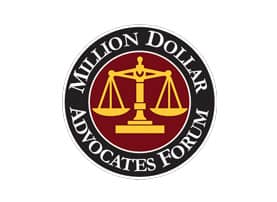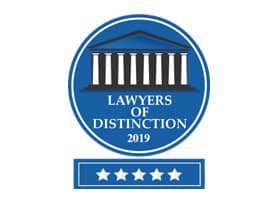Can You Recover Compensation When an Accident Happens Because You Aren’t Paying Attention?
 When you’re involved in a car crash that is entirely the fault of another person—they run a red light or stop sign or rear-end you because they’re looking at a mobile device—it’s usually a straightforward claim of compensation for all your losses. But what if you help contribute to causing the accident because you’re not paying attention to the road? What if you also engage in some careless behavior—maybe you come to a four-way stop and roll through the sign, whereas the other party completely ignores it? Can you still seek compensation for your losses, or are you without recourse because you helped cause the accident?
When you’re involved in a car crash that is entirely the fault of another person—they run a red light or stop sign or rear-end you because they’re looking at a mobile device—it’s usually a straightforward claim of compensation for all your losses. But what if you help contribute to causing the accident because you’re not paying attention to the road? What if you also engage in some careless behavior—maybe you come to a four-way stop and roll through the sign, whereas the other party completely ignores it? Can you still seek compensation for your losses, or are you without recourse because you helped cause the accident?
The Legal Principle of Comparative Negligence
It’s a fairly common occurrence that both parties contribute in some way to causing an accident. For centuries, the legal theory of contributory negligence applied, which prevented a person from recovering any compensation if he or she was responsible in any way for causing the accident. Fortunately, that principle, which often led to unfair results, has been replaced in New Jersey by the concept of comparative negligence.
With comparative negligence, the court first determines the full amount of a party’s losses. Next, the court determines the degree to which the injured party caused his or her losses, expressed as a percentage of the total liability. Finally, the court reduces the damage award by that percentage. For example, if the total losses are $100,000, but the injured party is 25% responsible, the final damage award is $75,000.
Contact Howard D. Popper, P.C.
At Howard D. Popper, P.C., we can help protect your rights. For a free initial consultation to discuss your options after a work-related motor vehicle accident, contact our office online or call 973-993-8787 to set up an appointment. We have offices in Morristown and Newton. Currently, all our client communications are by phone, text message, or videoconference.
We handle all personal injury claims on a contingent-fee basis. You won’t pay any attorney fees unless we recover damages for your losses.













